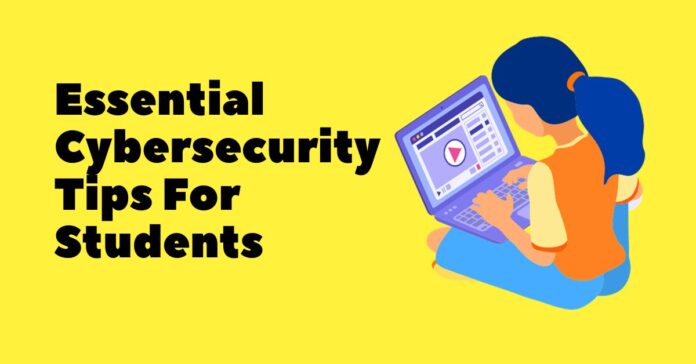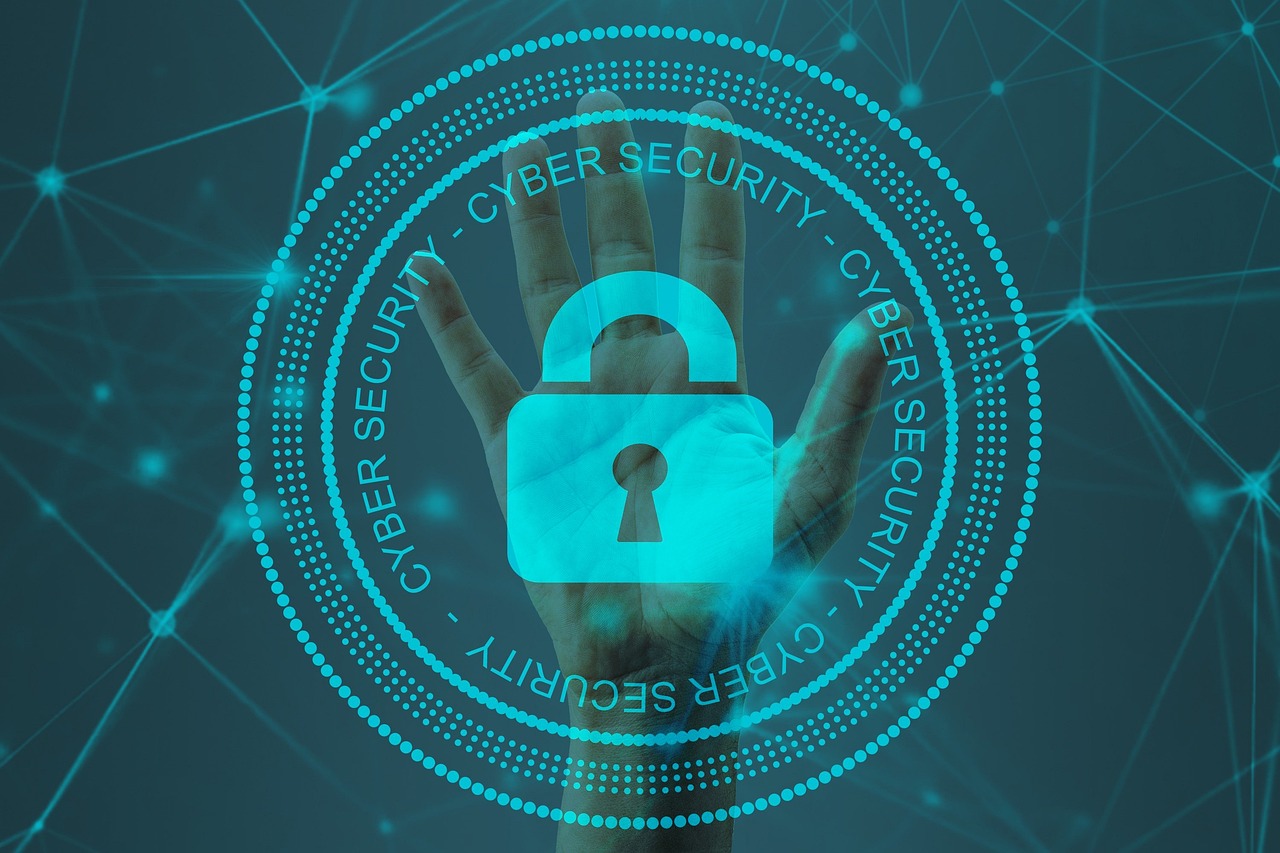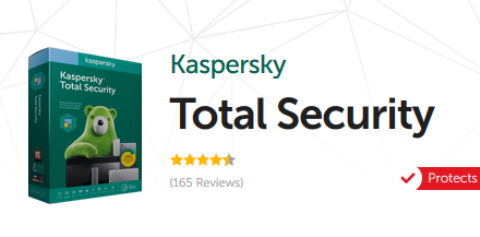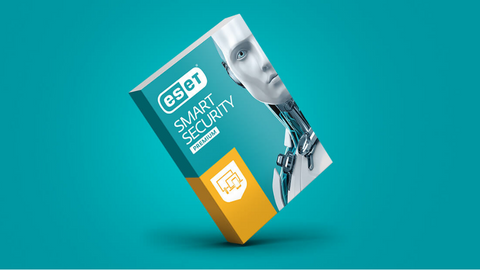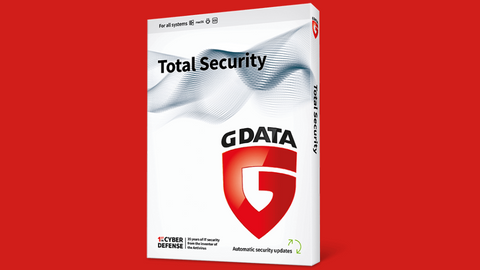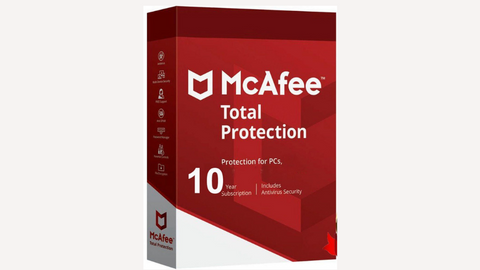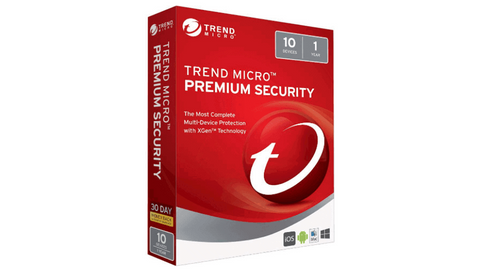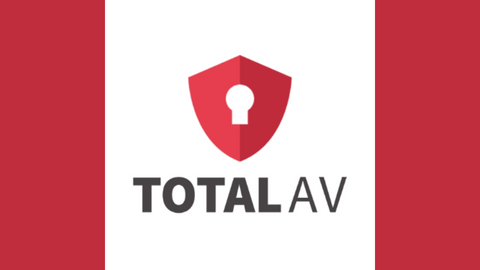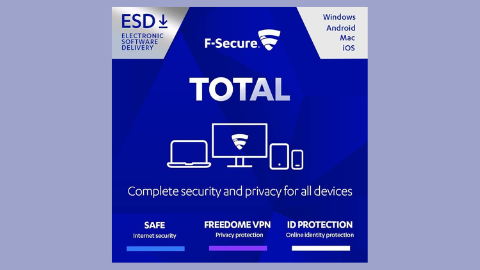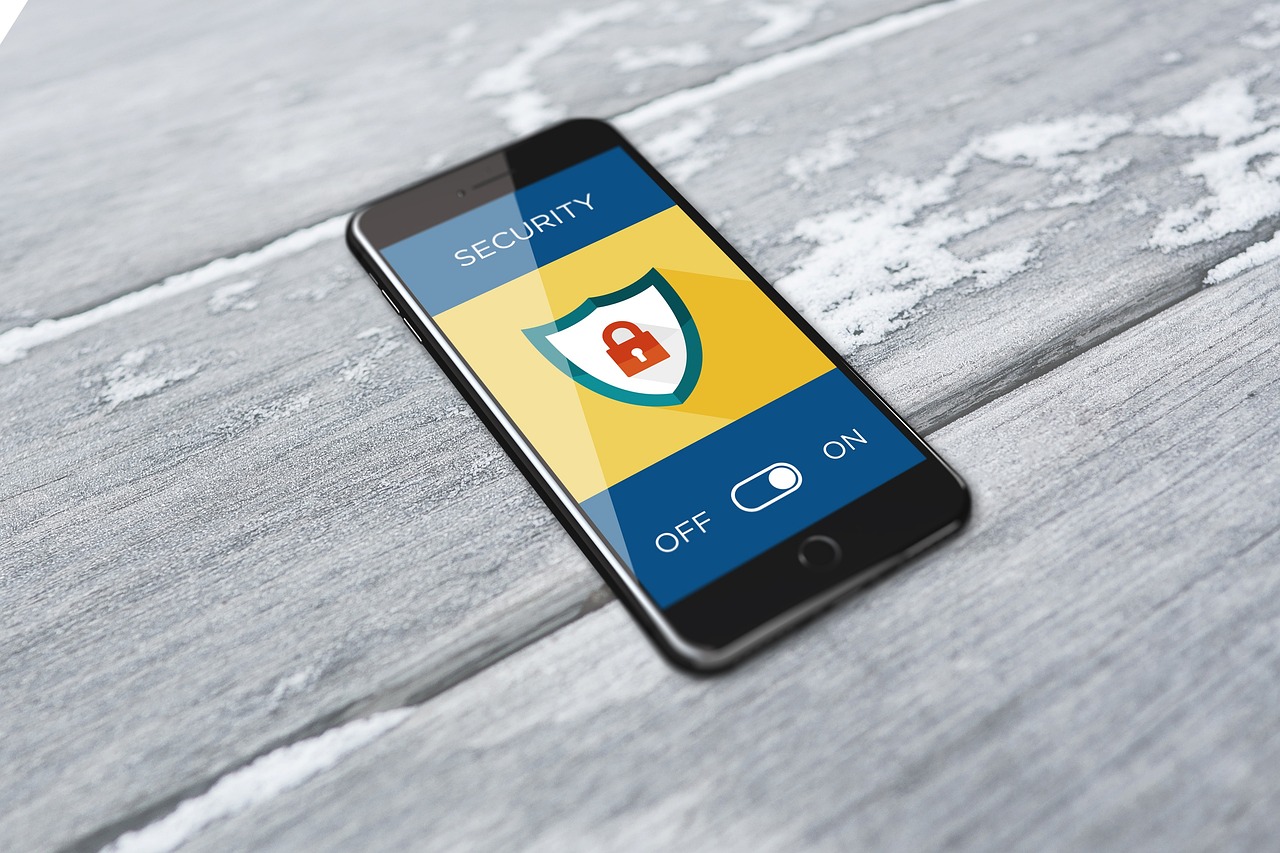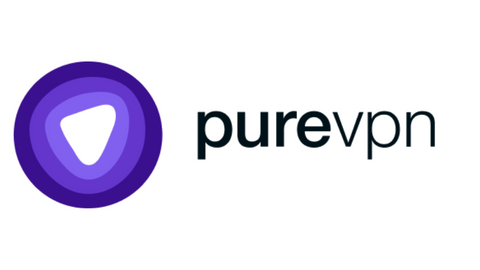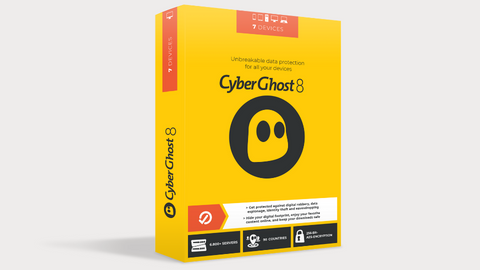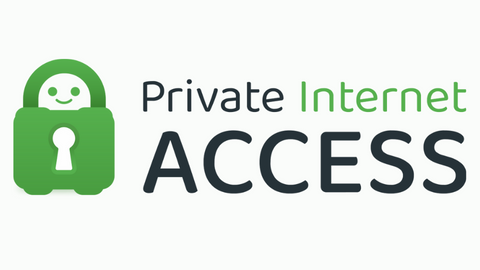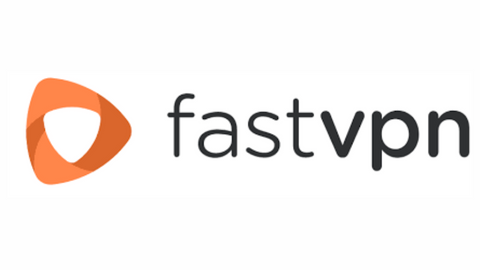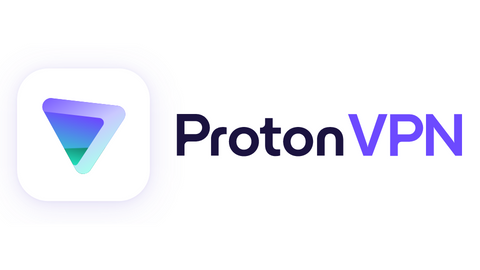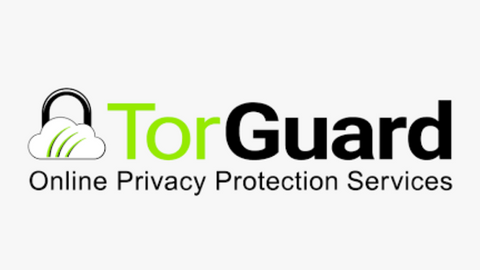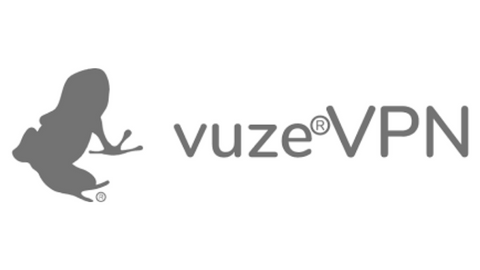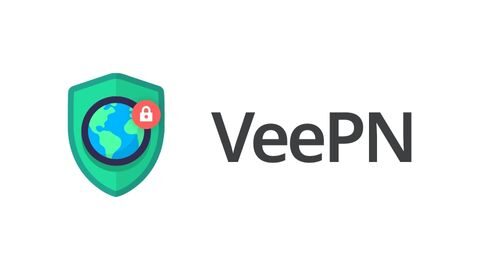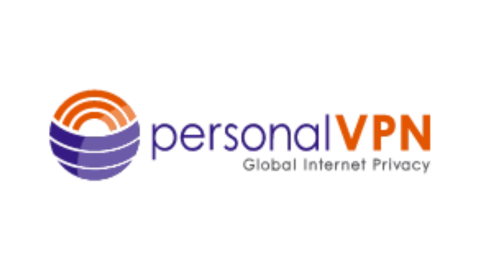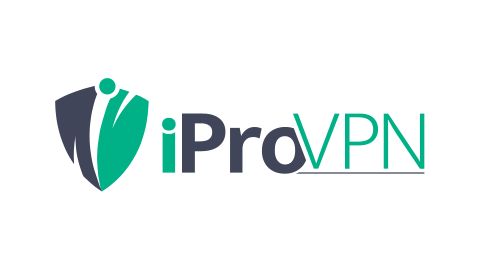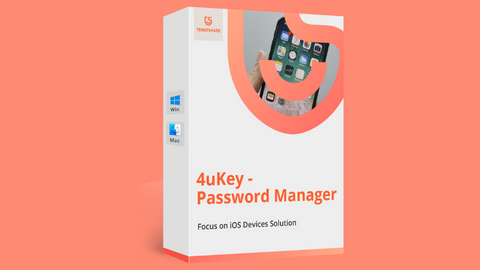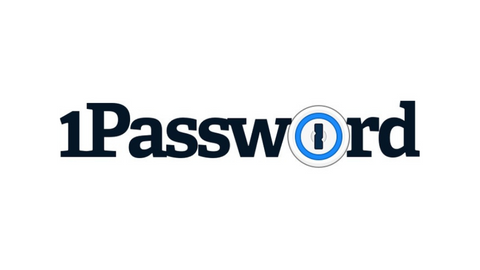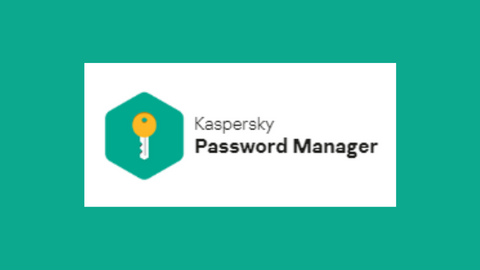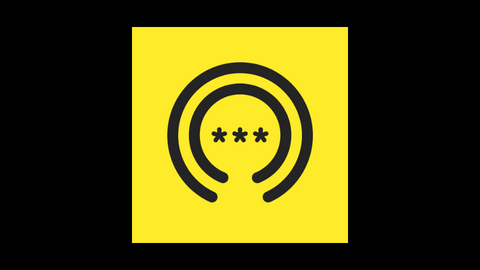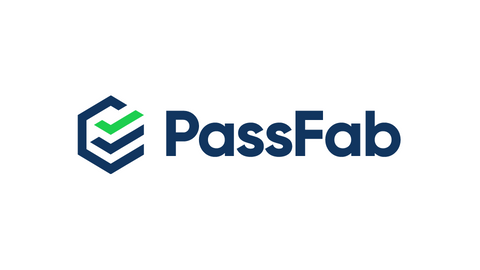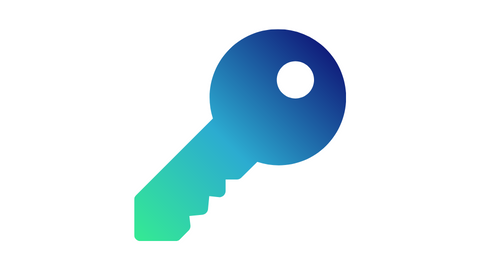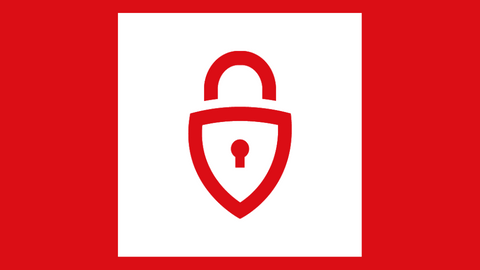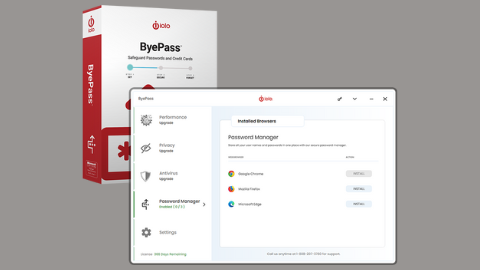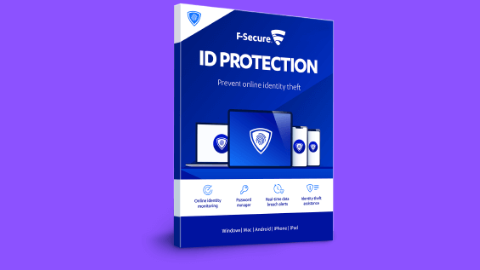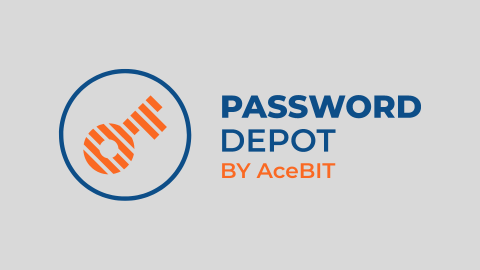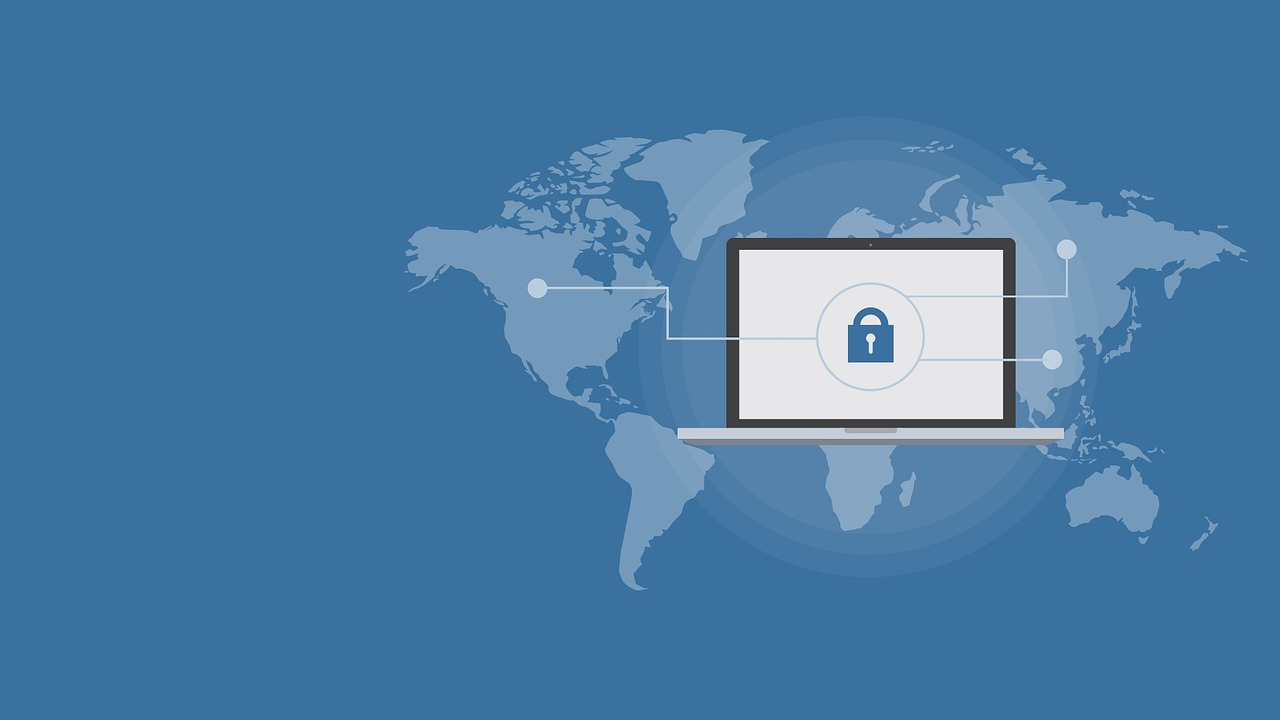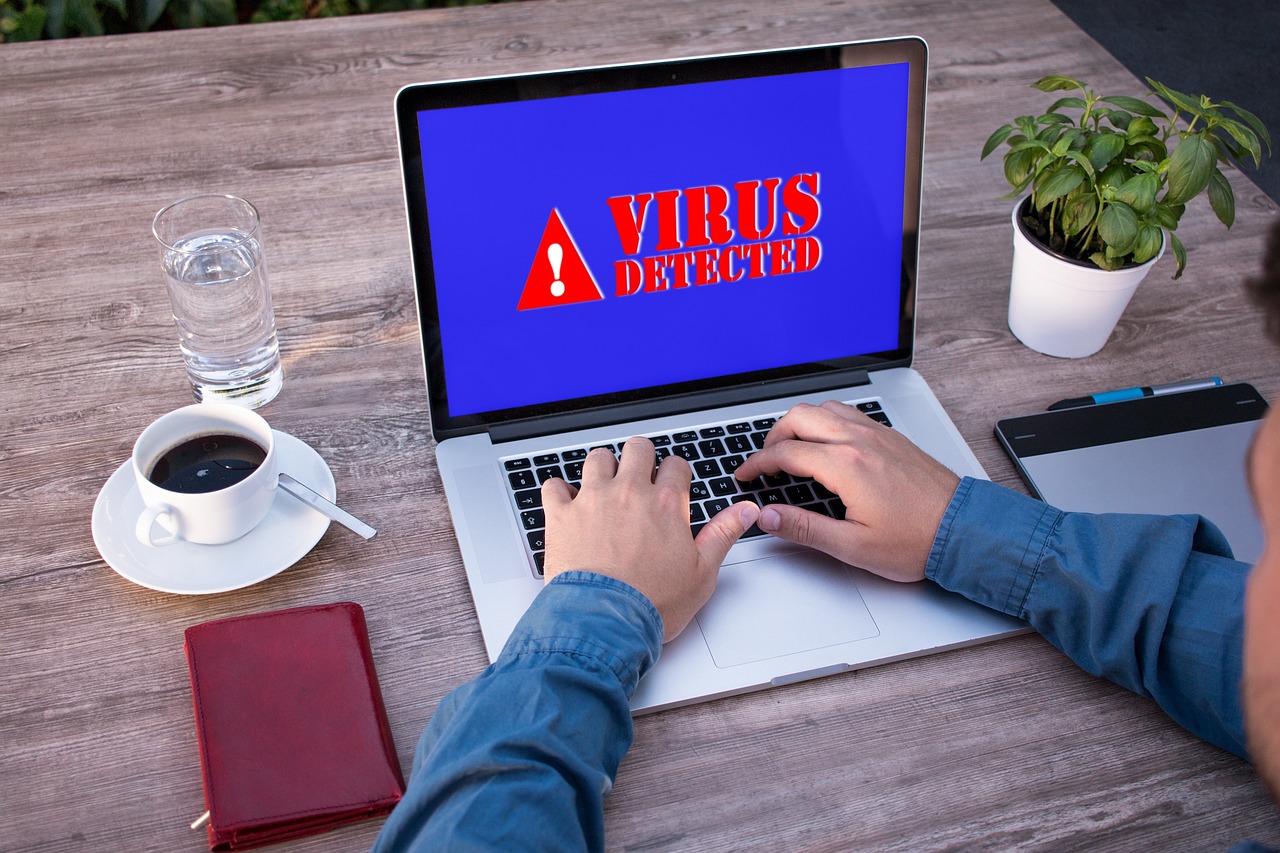In this post, we will show you some cybersecurity tips for students.
Cybersecurity is a major challenge for everyone in the 21st century, including students. As students embrace technological devices and the internet, they become prime targets for cybercriminals, hackers, and even fellow students.
Cybercriminals may use ransomware to encrypt students’ educational documents, making them inaccessible until a ransom is paid. This is just one example of the many threats that students face online.
To protect themselves, students can take steps to improve their cybersecurity knowledge and habits. This includes learning about different types of cyberattacks, how to identify and avoid them, and how to keep their personal information and devices safe.
Students can also pursue cybersecurity education and training. There are a variety of online and in-person programs available, ranging from certificate courses to master’s degrees.
By taking steps to improve their cybersecurity knowledge and skills, students can protect themselves from cyberattacks and keep their personal information and devices safe.
Table of Contents
What Is Cybersecurity?
Cybersecurity is the practice of protecting systems, networks, and data from unauthorized access, use, disclosure, disruption, modification, or destruction. It is a critical part of protecting our digital lives, and it is especially important for students.
Students are increasingly using technology for their education, research, and personal lives. This makes them a prime target for cybercriminals, who may try to steal their personal information, hack into their accounts, or even spread malware to their devices.
Cybersecurity can help students to protect themselves from these threats. By taking steps to improve their cybersecurity knowledge and habits, students can reduce their risk of becoming a victim of a cyberattack.
If you are a student, I encourage you to take some time to learn more about cybersecurity and how to protect yourself online.
There are many resources available online and in your school library. You can also talk to your teacher or a trusted adult about cybersecurity best practices.
In today’s digital age, cybersecurity is more important than ever, especially for students who rely heavily on technology for their studies and personal lives.
CHECK OUT: SecureBlitz Cybersecurity Resource Center
To help you stay safe online, here are some cybersecurity tips for students:
Cybersecurity Tips For Students
1. Get essential security apps for your device
When you first get a new device, installing essential security apps should be a top priority. These apps can help protect your device from malware, ransomware, and other online threats.
Here are a few essential security apps for students:
- Antivirus: An antivirus app can help protect your device from malware, such as viruses, Trojans, and spyware.
- VPN: A VPN encrypts your online traffic, making it more difficult for hackers to intercept your data. It can also help you bypass geo-restrictions and access content that is not available in your region.
- Private browser: A private browser, such as DuckDuckGo or Brave, can help protect your privacy by deleting your browsing history, cookies, and other tracking data.
In addition to these essential apps, you may also want to consider installing other security apps, such as a password manager or a parental control app.
Best Antivirus For Students
2. Use social media safely
Social media can be a great way to stay connected with friends and family, learn new things, and express yourself. However, it is important to use social media safely to protect your privacy and avoid problems.
Here are a few tips for using social media safely:
- Be careful about what you share. Once you post something online, it can be difficult or impossible to remove it completely. Even if you delete a post, someone else may have already seen it or saved a copy.
- Be mindful of your privacy settings. Most social media platforms have privacy settings that allow you to control who can see your posts and profile information. Review your privacy settings regularly to make sure they are set to your liking.
- Be careful about who you connect with. Only connect with people you know and trust. Don’t accept friend requests from strangers.
- Be aware of scams and online predators. Scammers and online predators often use social media to target their victims. Be careful about clicking on links or opening attachments from people you don’t know.
Read Also: How to Detect Fake Social Media Profiles
3. Choose strong passwords
College students are often at a higher risk of losing their gadgets due to theft or simple carelessness. Unfortunately, it’s alarming to note that many students either don’t secure their devices or rely on shockingly weak passwords.
Commonly, you might encounter phones locked with easily guessable credentials such as birth years, pet names, or even the owner’s name itself. Such practices leave your personal information vulnerable to hackers who can quickly gain access once they acquire the device.
For effective cybersecurity, it’s imperative to opt for long, intricate, and difficult-to-guess passwords. Avoid using dictionary words, common phrases, or personal information like pet names or birth years.
Instead, employ a combination of uppercase and lowercase letters, numbers, and special symbols to fortify your device’s security.
4. Prioritize Regular Backups
Emphasizing the significance of consistent backups cannot be overstated, especially for students. With numerous academic documents stored on their PCs, the risk of falling prey to ransomware is significant.
Executing comprehensive and scheduled backups plays a pivotal role in safeguarding this critical information against potential threats, such as malware attacks, theft, or accidental data deletion.
READ ALSO: Most Helpful Apps For Students
5. Exercise Caution with Public Computers
Many educational institutions offer access to public computers, typically found in libraries, to facilitate students’ academic work.
However, it’s important to recognize that these computers often lack robust security measures, rendering them vulnerable to malware, spyware, or Trojans.
As a general practice, it’s advisable to limit your use of public computers for internet access only when it’s absolutely necessary.
When you do need to connect to the internet using a public computer, take the following precautions:
- Utilize a private or incognito browsing window to prevent the storage of your browsing history and login credentials.
- Be cautious when logging into online services, and ensure that you log out of all accounts and close the browser window when you’re done.
- Avoid accessing sensitive or personal information while using public computers, as they may not provide a secure environment for data protection.
6. Securely Log Out and Power Down
This practice is vital, not only for public library computers but also for your personal devices. You may not always be aware of who has access to your personal space, making the act of logging out essential, especially when you’re not actively using your PC.
In addition to logging out of your accounts, it’s crucial to take these steps for enhanced security:
- Clear your browsing data, including cookies and cache, after each online session. This minimizes the digital footprint you leave behind and reduces the risk of unauthorized access to your accounts.
- Consider using a private or incognito browsing mode in conjunction with these actions for an added layer of privacy. This mode typically prevents the storage of browsing history, cookies, and login information, helping maintain your online confidentiality.
By consistently following these practices, you ensure that your accounts and personal information remain safeguarded, both on public computers and your own devices.
Related: 25 Best Hacking Movies for Cybersecurity Enthusiasts
7. Regularly Update Your Passwords
Change your passwords periodically, especially for critical accounts like email, financial, and educational platforms. Consider doing this at least every three to six months.
Use unique passwords for each account to prevent a breach of one account compromising others. Consider using a reputable password manager to help you keep track of complex, unique passwords.
8. Stay Informed About Online Scams and Threats
As a student, you’re likely to encounter various online scams and threats. Stay informed by following cybersecurity news sources, blogs, and your educational institution’s security updates.
Being aware of current threats will help you recognize and avoid potential risks, such as phishing emails and fraudulent schemes.
9. Secure Your Smartphone and Tablet
Treat your mobile devices with the same level of security consciousness as your computer. Set up device lock screens with PINs, passwords, or biometric authentication.
Regularly update your mobile operating system and apps to patch vulnerabilities and ensure your device’s security.
Best VPN For Students
10. Avoid Public Charging Stations for Devices
Refrain from using public charging stations for your smartphones or tablets. These stations can be compromised to deliver malware or steal data from your device.
Carry a portable charger or power bank to ensure your devices are always charged without the need for potentially risky public charging stations.
11. Use Encrypted Cloud Storage for Backup
If you’re storing academic documents and important files in the cloud, opt for cloud storage services that offer end-to-end encryption. This ensures your data remains private and secure.
Regularly back up your important files to the cloud, so you can access them from anywhere while keeping a copy safe from physical damage or loss.
12. Report Suspicious Activity
If you encounter any suspicious emails, messages, or online activity, promptly report it to your educational institution’s IT department or your email service provider.
Reporting suspicious activity helps protect not only you but also your peers and the institution’s network from potential cyber threats.
13. Stay Mindful of Privacy on Smart Devices
If you use smart devices like voice assistants or smart speakers in your living space, be mindful of their privacy settings. Disable any features that collect unnecessary data or recordings.
Review the privacy policies of these devices and understand how your voice and data are handled and stored.
14. Use a Password Manager
Managing multiple strong passwords can be challenging. Consider using a reputable password manager to generate, store, and autofill complex passwords for your various accounts. This simplifies password management and enhances security.
Best Password Manager For Students
15. Enable Find My Device
Activate the “Find My Device” or equivalent feature on your smartphones, tablets, and laptops. This functionality allows you to remotely locate, lock, or wipe your device in case it’s lost or stolen, safeguarding your data.
READ ALSO: Exclusive Tips To Stop Cyberbullying [For Teens, Parents & Schools]
16. Lock Your Computer When Not in Use
Whenever you step away from your computer, even briefly, lock the screen. This prevents unauthorized access to your files and accounts, especially if you share a living space with roommates or friends.
17. Beware of Academic Scams
Students may encounter scams related to academics, such as offers of fake degrees, essay writing services, or fraudulent job postings. Always verify the legitimacy of academic opportunities and services before engaging with them.
18. Protect Your Webcam and Microphone
Cybercriminals can potentially gain access to your webcam and microphone. When not in use, consider covering your webcam with a physical cover or tape to prevent unauthorized surveillance.
19. Verify Software Downloads
Be cautious when downloading software or apps. Stick to official app stores and reputable websites for downloads. Avoid pirated software, as it often contains malware or other security risks.
20. Regularly Review App Permissions (Mobile Devices)
Review and adjust app permissions on your mobile devices. Some apps request access to more data and functions than necessary. Disable unnecessary permissions to limit potential privacy risks.
READ ALSO: The Intersection of Cybersecurity and AI
Why Is Cybersecurity Important For Students?
Cybersecurity is important for students for a number of reasons. First, students are increasingly using technology for their education, research, and personal lives. This means that they have a lot of valuable data stored on their devices and in online accounts.
This data could include personal information, such as their name, address, and Social Security number, as well as academic information, such as their grades and transcripts.
Cybercriminals may target students in an attempt to steal this valuable data. For example, they may send phishing emails that look like they are from a legitimate source, such as a bank or school.
If a student clicks on a link in a phishing email and enters their personal information, the cybercriminals can steal it.
Cybercriminals may also use malware to infect students’ devices. Malware is malicious software that can damage a device or steal data from it. For example, ransomware is a type of malware that encrypts a user’s files and demands a ransom payment in exchange for the decryption key.
In addition to the risk of identity theft and data loss, cyberattacks can also disrupt students’ education. For example, if a student’s school account is hacked, they may be unable to access their grades or assignments. Or, if a student’s device is infected with malware, they may be unable to use it to complete their homework or prepare for exams.
Here are some specific examples of how cybersecurity can affect students:
- A student’s Social Security number could be stolen and used to open fraudulent credit card accounts in the student’s name.
- A student’s grades could be changed or their assignments deleted by a hacker.
- A student’s device could be infected with malware that prevents them from accessing their school account or completing their homework.
- A student’s personal information could be shared online without their consent, which could lead to cyberbullying or other forms of harassment.
By taking steps to improve their cybersecurity knowledge and habits, students can protect themselves from these threats and reduce their risk of becoming a victim of a cyberattack.
READ ALSO: What Are Phishing Scams And How You Can Avoid Them?
Common Cybersecurity Threats That Students Face
Here are some common cybersecurity threats that students face:
- Phishing attacks: Phishing attacks are attempts to trick students into revealing their personal information, such as passwords or credit card numbers. Phishing emails or text messages often look like they are from a legitimate source, such as a bank or school. However, they may contain malicious links or attachments that can infect students’ devices with malware or steal their personal information.
- Malware: Malware is malicious software that can damage students’ devices or steal data from them. Malware can be spread through a variety of ways, such as through phishing emails, infected websites, or USB drives.
- Ransomware: Ransomware is a type of malware that encrypts a student’s files and demands a ransom payment in exchange for the decryption key. Ransomware attacks can be particularly devastating for students, as they may lose important academic files or personal photos and videos.
- Social engineering attacks: Social engineering attacks are attempts to trick students into revealing their personal information or performing actions that compromise their security. Social engineering attacks can be carried out in person, over the phone, or online.
- Cyberbullying: Cyberbullying is the use of electronic communication to bully a person, typically by sending messages of an intimidating or threatening nature. Cyberbullying can have a significant negative impact on a student’s mental health and well-being.
In addition to these common threats, students may also be targeted by more sophisticated attacks, such as those that exploit vulnerabilities in school networks or software.
If you are a student, I encourage you to take some time to learn more about cybersecurity and how to protect yourself online. There are many resources available online and in your school library. You can also talk to your teacher or a trusted adult about cybersecurity best practices.
Cybersecurity Tips For Students – Frequently Asked Questions
What is the most important cybersecurity tip for students?
Although there are so many cybersecurity tips for students, the most important cybersecurity tip for students is to use strong passwords and enable two-factor authentication on all of their accounts.
A strong password is at least 12 characters long and includes a mix of upper and lowercase letters, numbers, and symbols.
Two-factor authentication adds an extra layer of security to your accounts by requiring you to enter a code from your phone in addition to your password when logging in.
How can I protect myself from phishing scams?
Phishing scams are attempts to trick you into revealing your personal information, such as passwords or credit card numbers. Phishing emails or text messages often look like they are from a legitimate source, such as a bank or school.
However, they may contain malicious links or attachments that can infect your devices with malware or steal your personal information.
To protect yourself from phishing scams, be wary of any emails or text messages that ask for your personal information. Do not click on links in emails or text messages unless you are sure they are legitimate. You can hover over links to see the real URL before clicking on them.
If you are unsure whether an email or text message is legitimate, contact the sender directly to verify it.
READ ALSO: Exclusive Tips To Stop Cyberbullying [For Teens, Parents & Schools]
What should I do if I think my device has been infected with malware?
If you think your device has been infected with malware, run a virus scan immediately. You can use the antivirus software that came with your device or download a third-party antivirus program.
If the virus scan detects malware, remove it immediately. You may need to restart your device in Safe Mode to do this.
Once you have removed the malware, change all of your passwords and enable two-factor authentication on all of your accounts.
How can I protect my privacy on social media?
Social media is a great way to stay connected with friends and family, but it is important to be careful about what information you share online. Be mindful of your privacy settings and only share information with people you know and trust. This is also part of the cybersecurity tips for students.
You should also be careful about what apps you connect to your social media accounts. Apps often have access to your personal information, so only connect to apps that you trust.
READ ALSO: Top 10 Cybersecurity Tips For Students
What should I do if I am a victim of cyberbullying?
If you are a victim of cyberbullying, it is important to tell a trusted adult, such as a parent, teacher, or counselor. You should also report the cyberbullying to the social media platform or website where it is happening.
Most social media platforms and websites have policies against cyberbullying and will take action against users who violate these policies.
In addition to these tips, students can also protect themselves from cybersecurity threats by being aware of the latest cybersecurity threats and scams. Students can stay informed by reading cybersecurity blogs and articles, and by following cybersecurity experts on social media.
Students can also learn more about cybersecurity by taking online courses or attending cybersecurity workshops and events.
Conclusion
In conclusion, cybersecurity is a critical necessity for students in today’s digital age. This guide provides tailored cybersecurity tips to help students protect themselves from cyber threats, considering their heavy reliance on technology.
Students are prime targets for cybercriminals, making it essential to safeguard academic and personal information.
Additionally, students can enhance their cybersecurity knowledge by pursuing relevant education, such as cybersecurity certification courses or degrees.
These cybersecurity tips for students, from using security apps to staying informed about online threats, not only ensure a safer online experience but also contribute to collective resilience against cyber threats.
By adopting these cybersecurity tips for students into their digital habits, students can protect their academic progress and personal information effectively in our ever-evolving digital landscape.
RELATED POSTS
- Browser Compartmentalization: How to Compartmentalize Your Web Browsers
- How To Prevent Bluetooth Hacking
- Exclusive Tips to Stop Cyberbullying [For Teens and Parents]
- 7 Tips To Create A Strong HackProof Password
- How To Generate Strong Passwords With SecureBlitz Password Generator
- How To Prevent Car Hacking
- 7 Best Cyber Security Colleges
- Blooket Review: The Ultimate Learning Game!
About the Author:
Chandra Palan is an Indian-born content writer, currently based in Australia with her husband and two kids. She is a passionate writer and has been writing for the past decade, covering topics ranging from technology, cybersecurity, data privacy and more. She currently works as a content writer for SecureBlitz.com, covering the latest cyber threats and trends. With her in-depth knowledge of the industry, she strives to deliver accurate and helpful advice to her readers.


